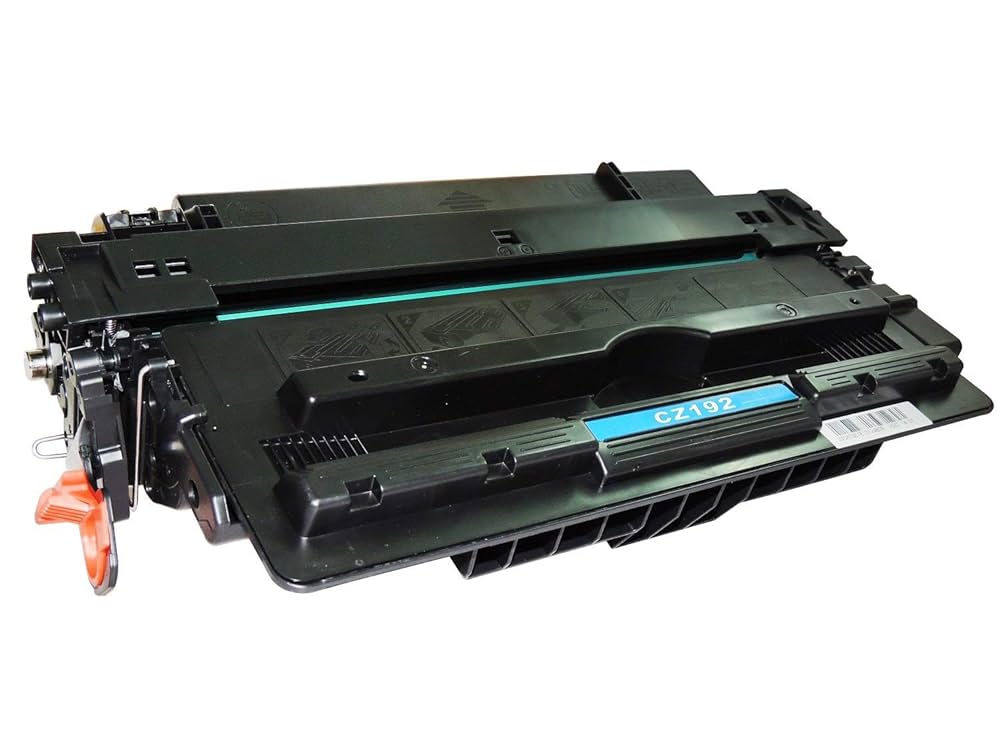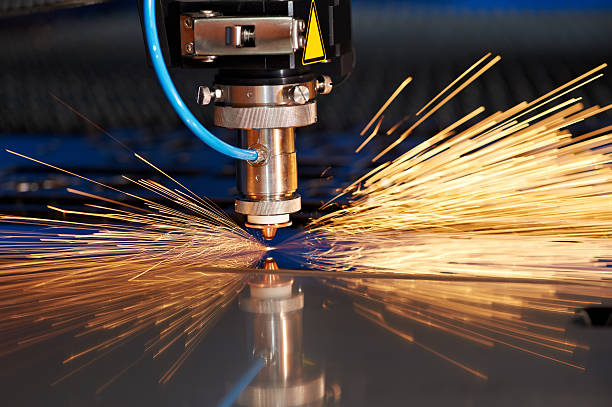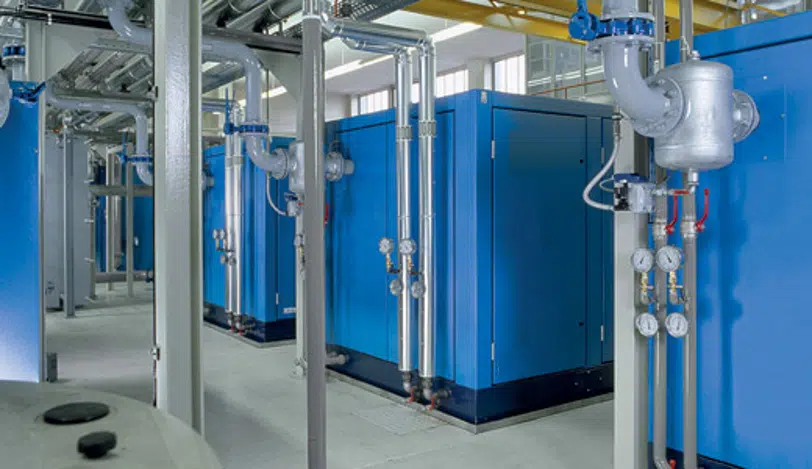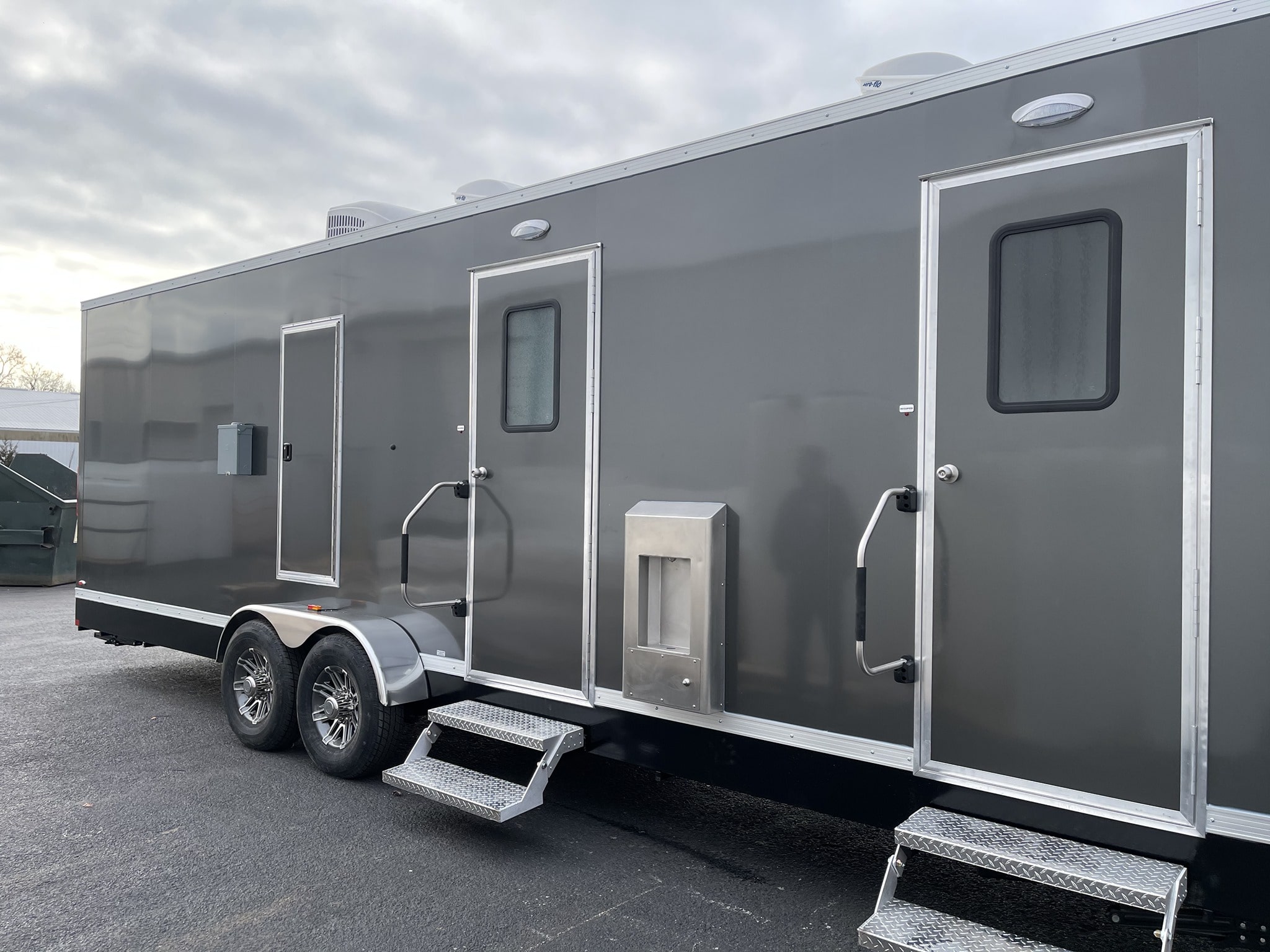Mini Split Air Conditioners are becoming a reliable choice for homeowners who want efficient cooling without the complexity and expense of traditional HVAC systems. These systems are compact, quiet, and easy to install, making them ideal for homes of all sizes. Whether you are cooling one room or setting up zoned cooling across multiple areas, a mini split AC offers flexibility and convenience. Most importantly, they help lower energy bills while maintaining a comfortable indoor environment.
Why Mini Split AC Is Energy-Efficient
Mini split systems work without ductwork, which helps prevent energy loss. Traditional central AC systems can lose up to 30% of energy through ducts. With a ductless setup, mini split ac delivers cool air directly to the room. Energy-saving highlights include:
- Inverter technology: Automatically adjusts compressor speed based on temperature demand, saving energy.
- Zoned cooling: Cool only the rooms being used rather than the entire house.
- High SEER ratings: Most mini split units offer Seasonal Energy Efficiency Ratios of 16 or higher.
These systems use less power to cool spaces and are designed to maintain consistent temperatures with minimal fluctuations. That means less strain on the compressor and more savings on your electricity bill.

Cost-Effective Installation and Operation
Mini split ACs are cost-effective not only in the long term but also during installation. Unlike central air systems, they do not require ductwork, reducing labor and material costs. Installation is typically quicker and less invasive. Cost advantages include:
- Lower installation fees: Fewer materials and less labor mean reduced upfront costs.
- No duct maintenance: Avoid regular duct cleaning and sealing expenses.
- Targeted use: Lower utility bills by cooling only specific zones.
Since each indoor unit is independently controlled, you can avoid wasting energy on unoccupied rooms. This feature is especially beneficial for larger homes or households with varying cooling needs.
Quiet and Compact Design
Mini split AC units operate much more quietly than window units or central air systems. The noisy compressor is placed outside, while the indoor unit runs at a near-silent level. Their sleek, compact design also fits seamlessly into any room. Comfort-focused features:
- Low noise levels: Ideal for bedrooms, study rooms, and living spaces.
- Compact indoor units: Mounted high on walls or ceilings without taking up floor space.
- Modern look: Sleek design blends well with home interiors.
Easy Maintenance and Long-Term Value
Mini split ACs require minimal upkeep. Cleaning the filters and scheduling occasional maintenance are usually enough to keep them running efficiently. Maintenance benefits include:
- Accessible filters: Easy to remove and clean.
- Long unit life: With proper care, units can last 15–20 years.
- Fewer repairs: Fewer moving parts mean fewer chances of breakdown.
Mini split AC systems provide a practical, efficient, and affordable cooling solution for every home. They offer targeted comfort, lower energy usage, and simple installation. With their many advantages, they are a smart investment for long-term comfort and savings.







